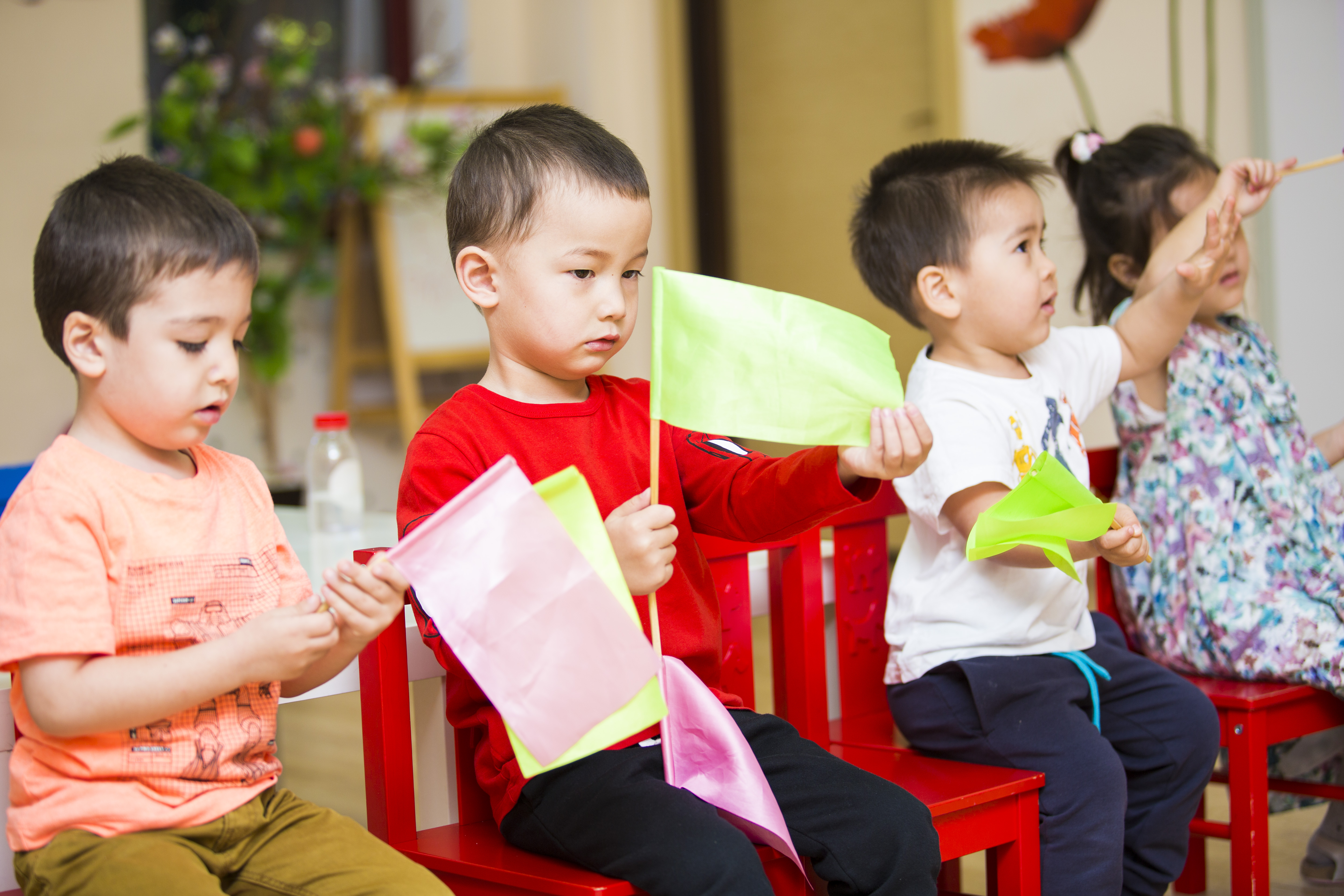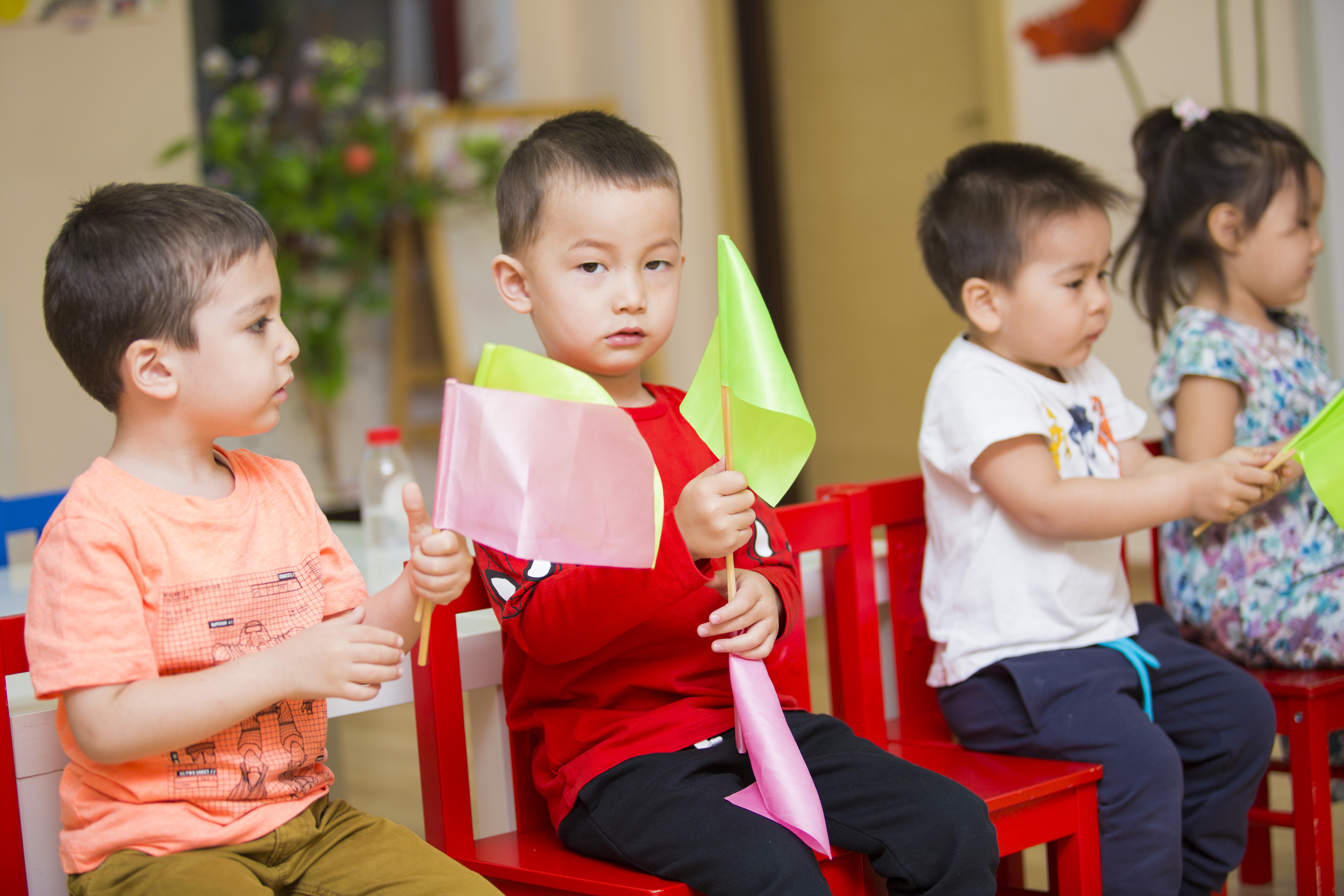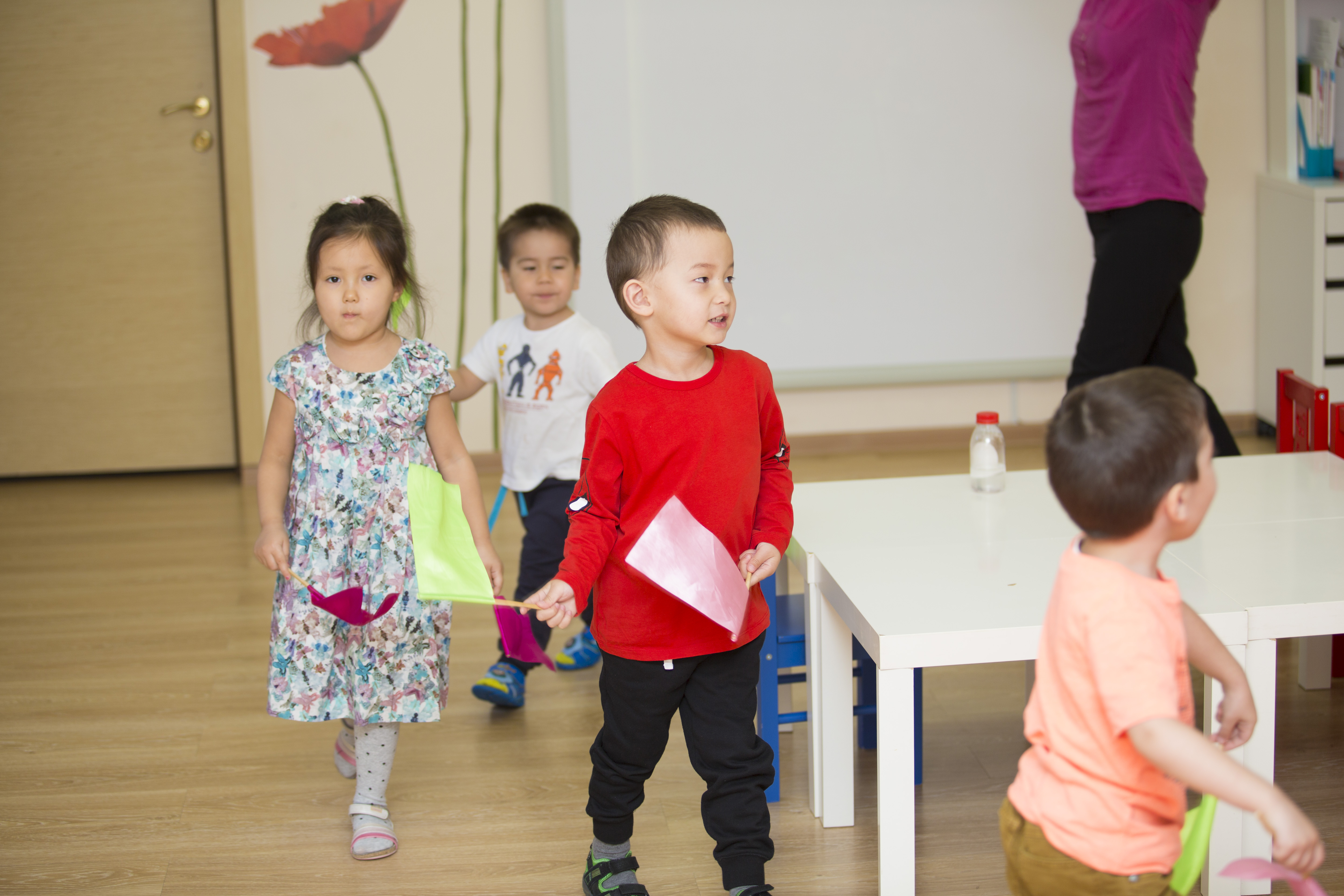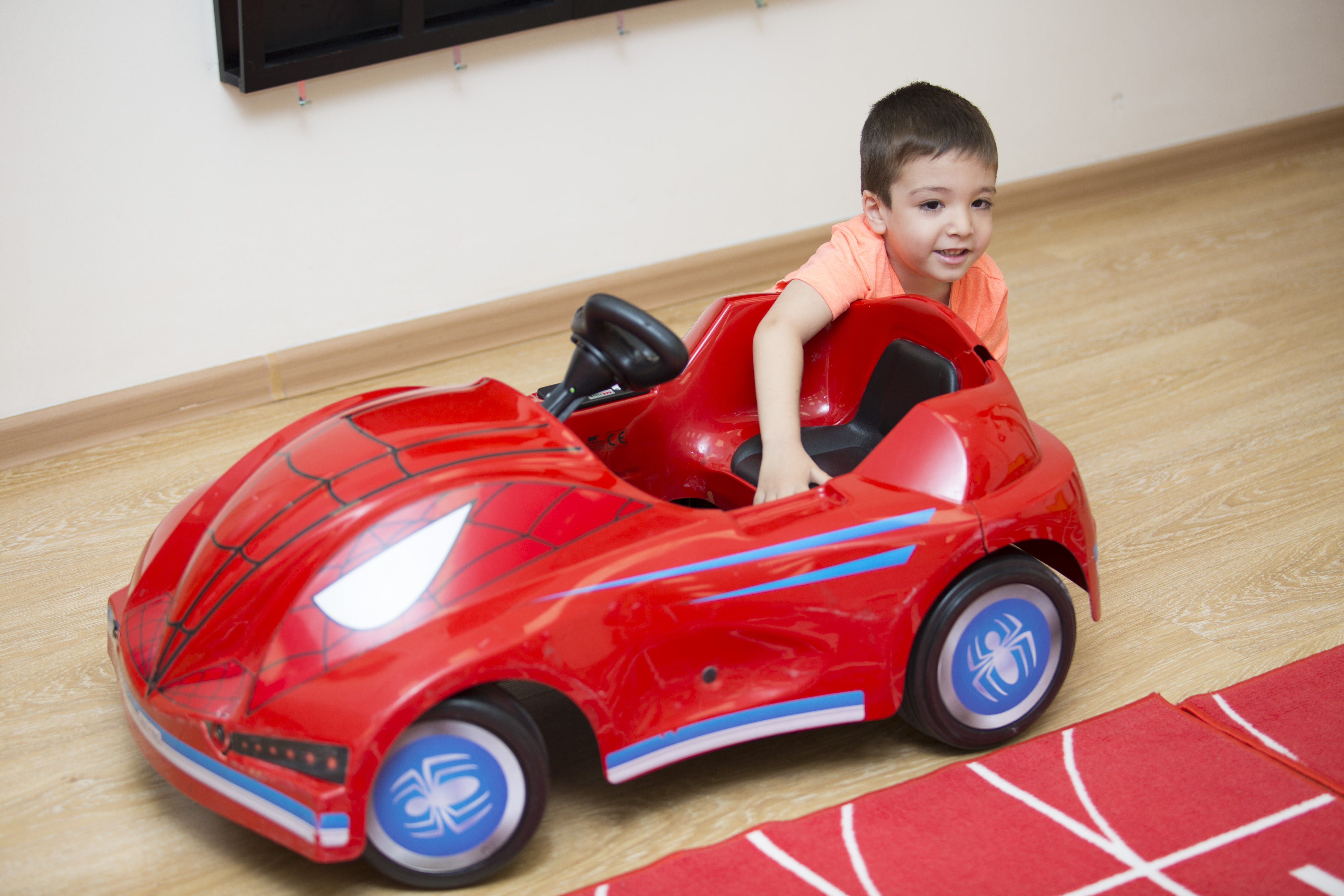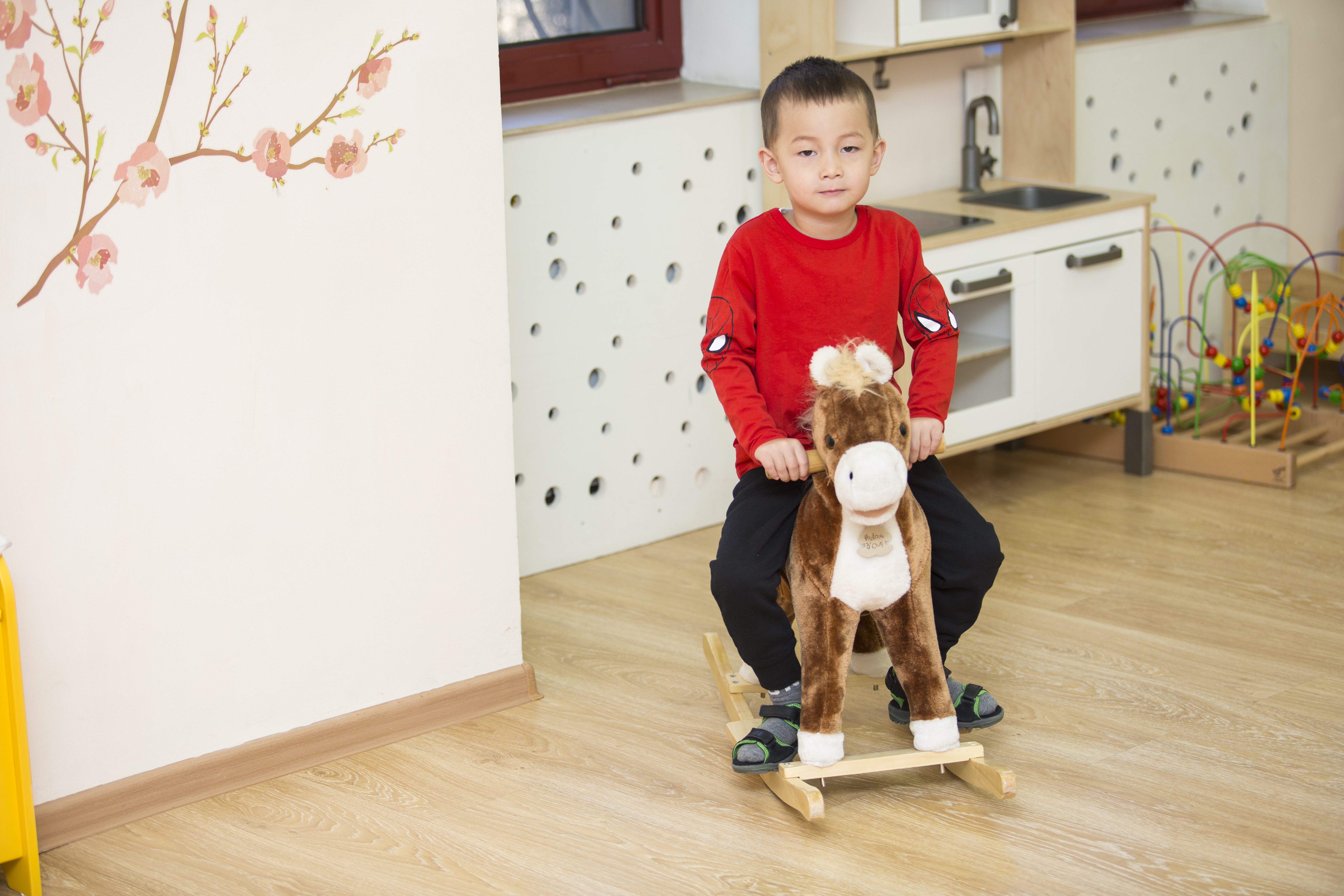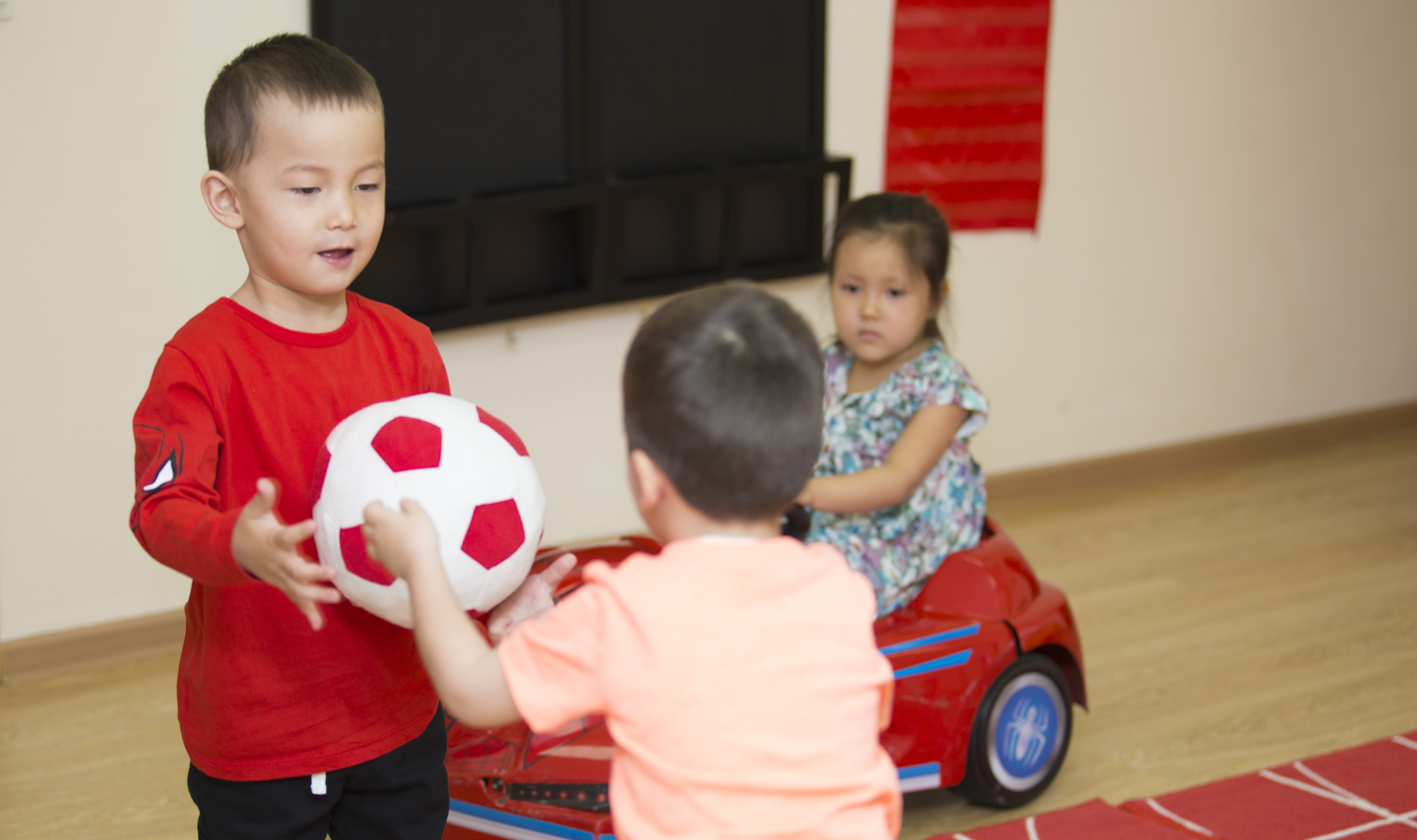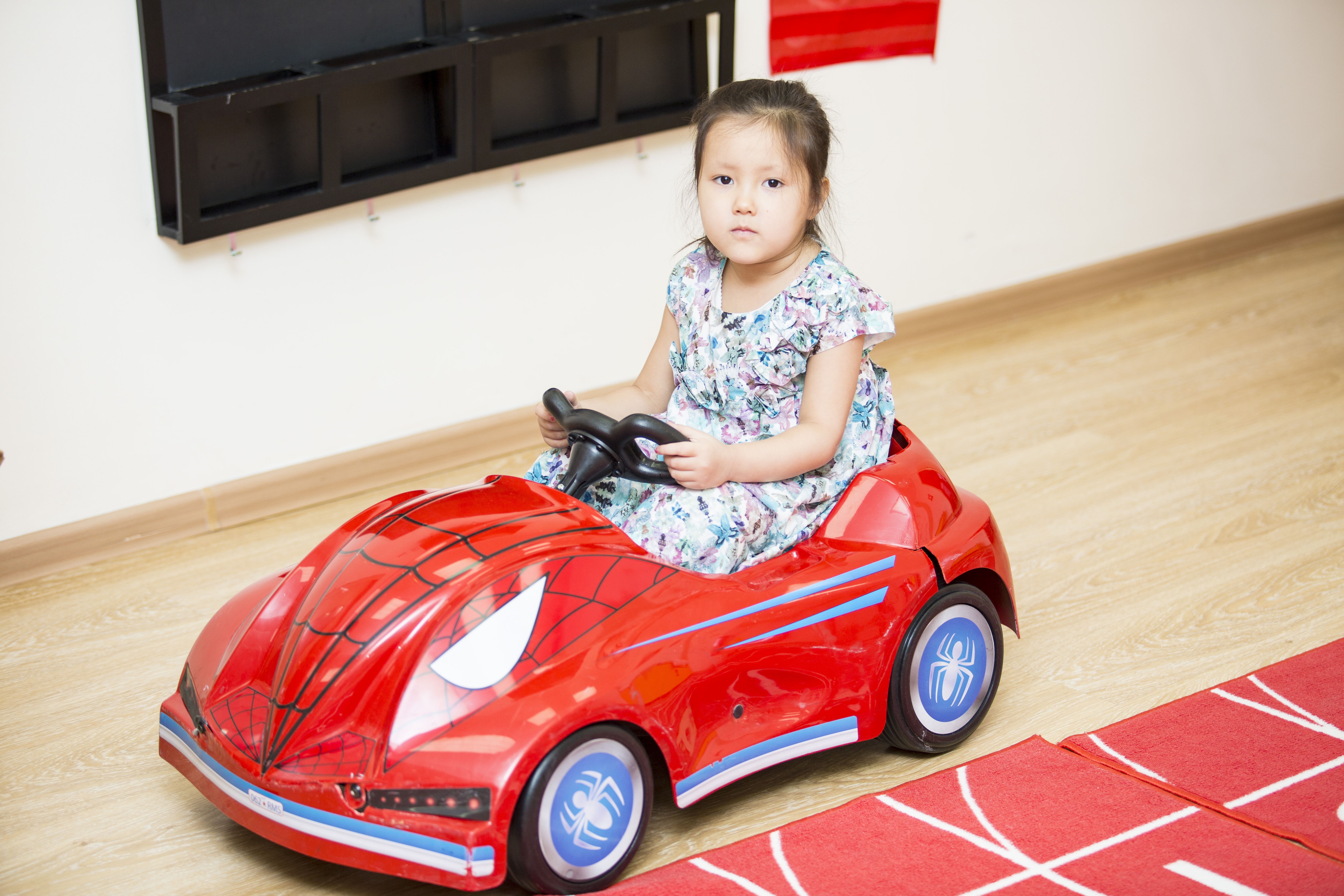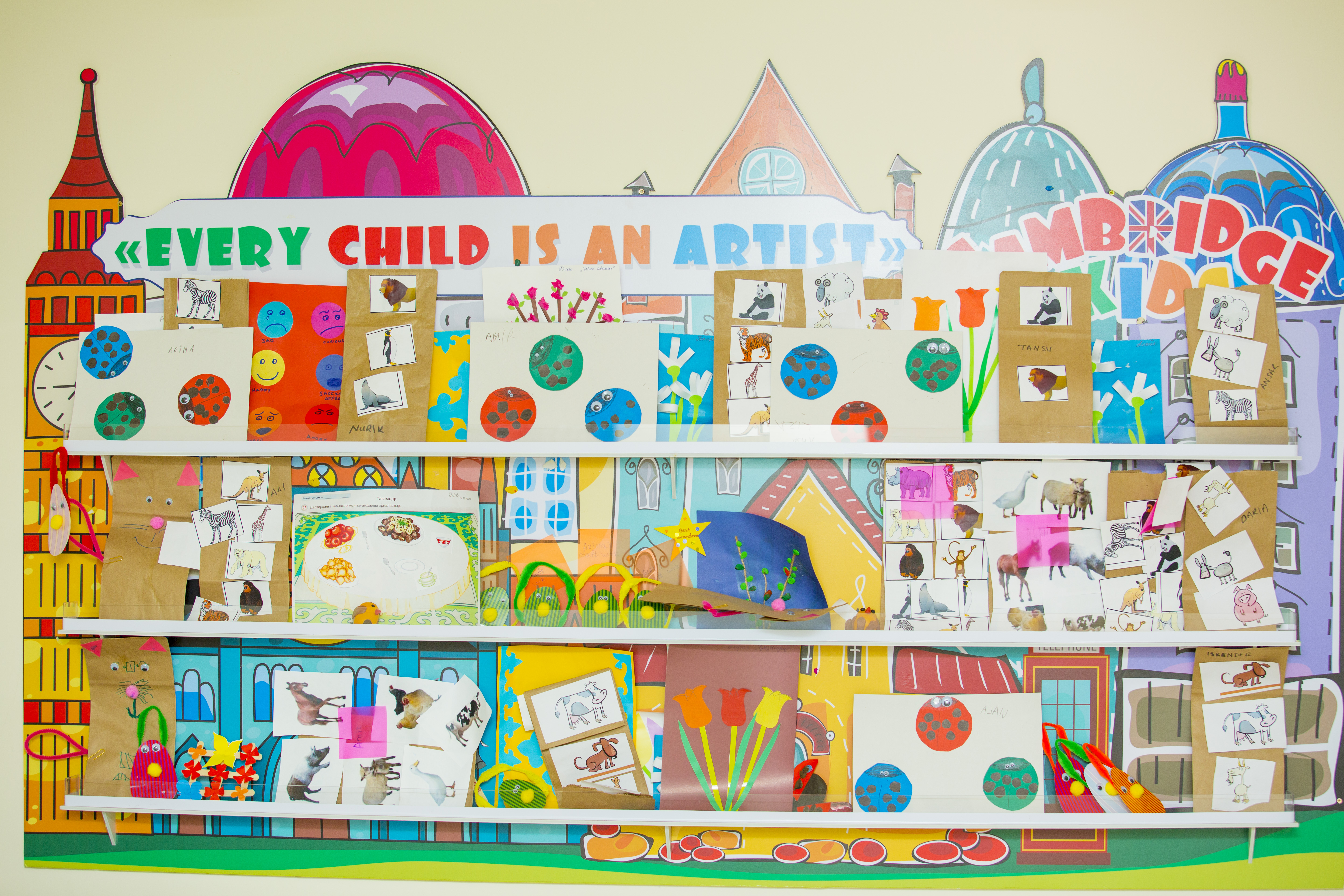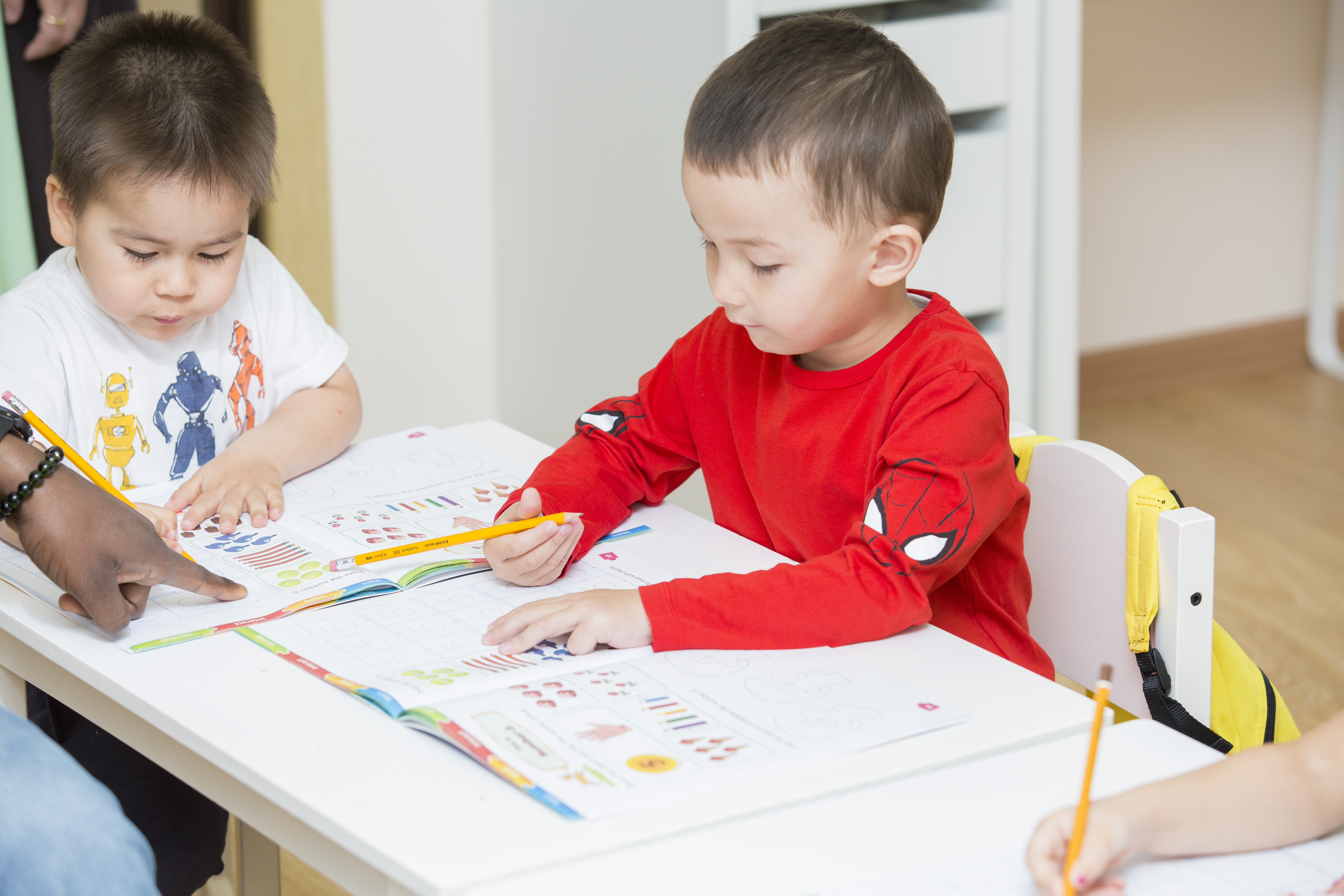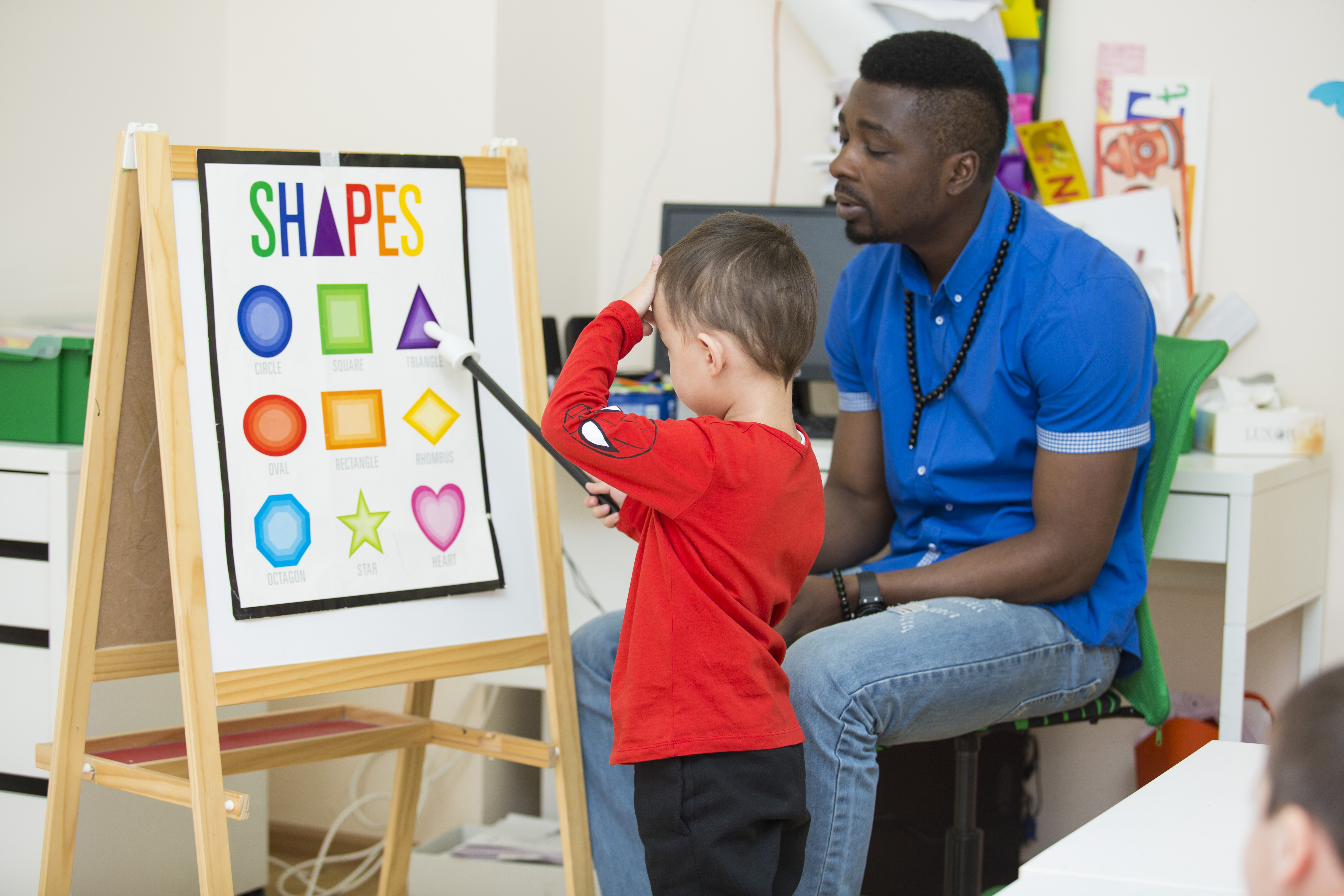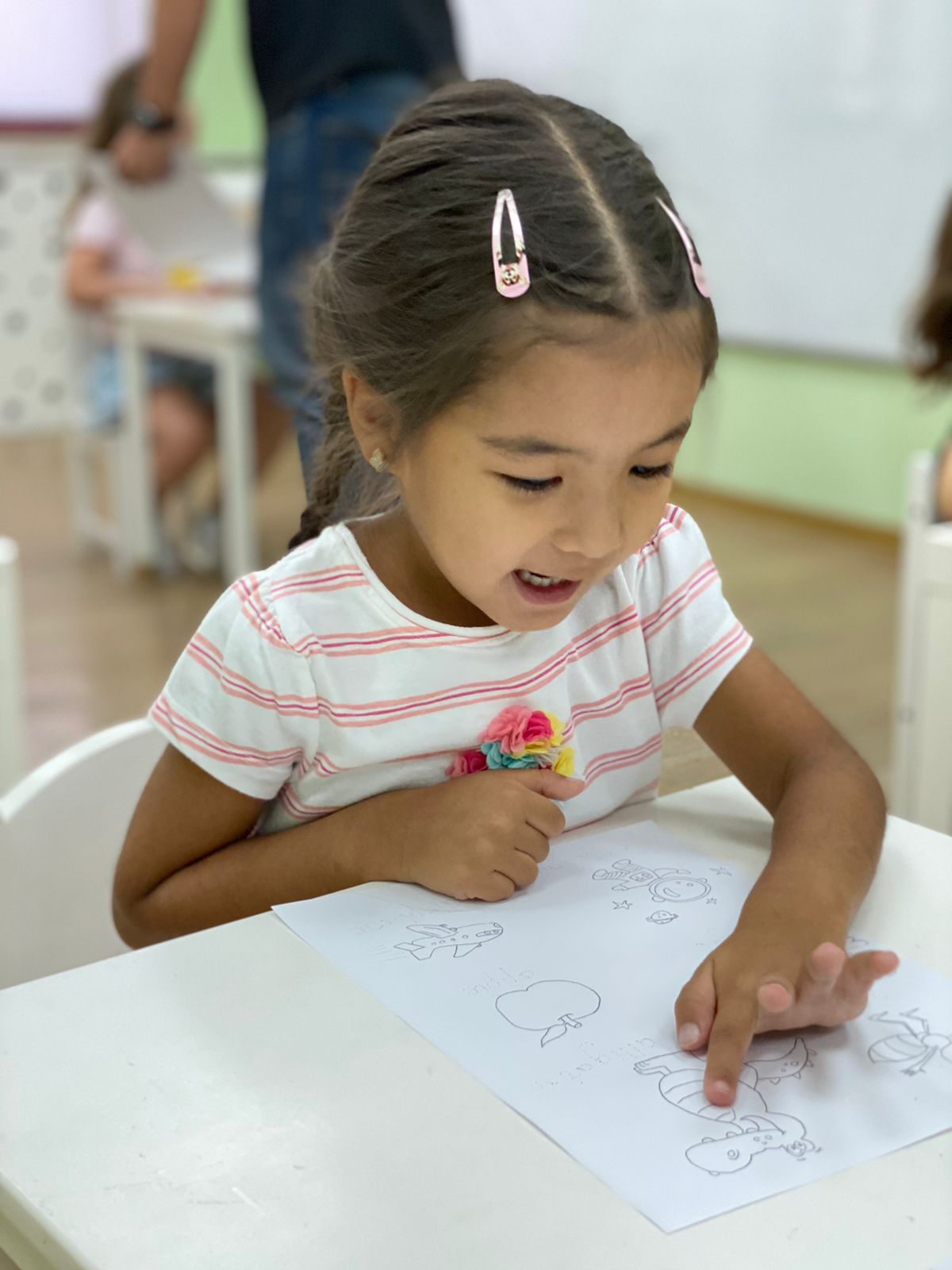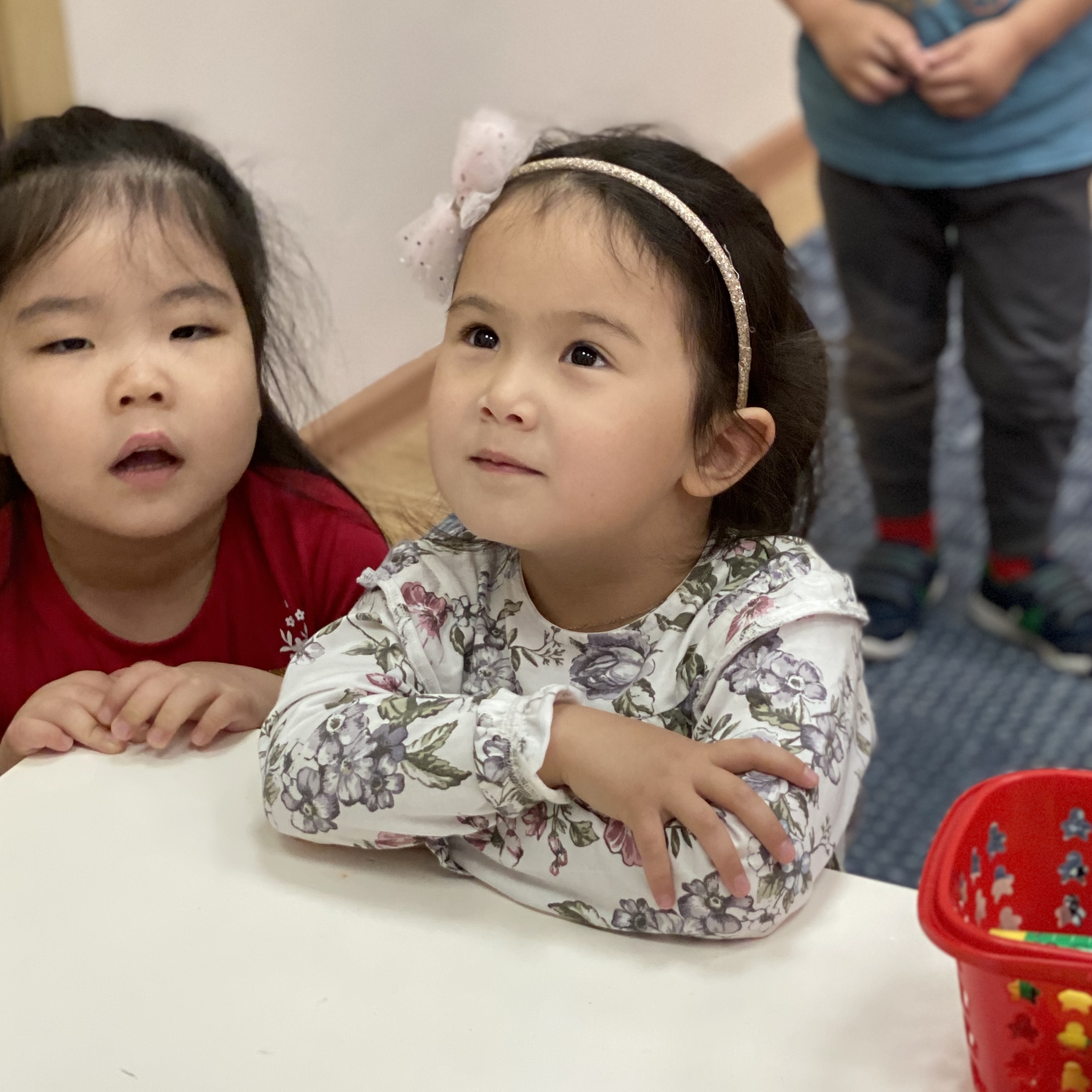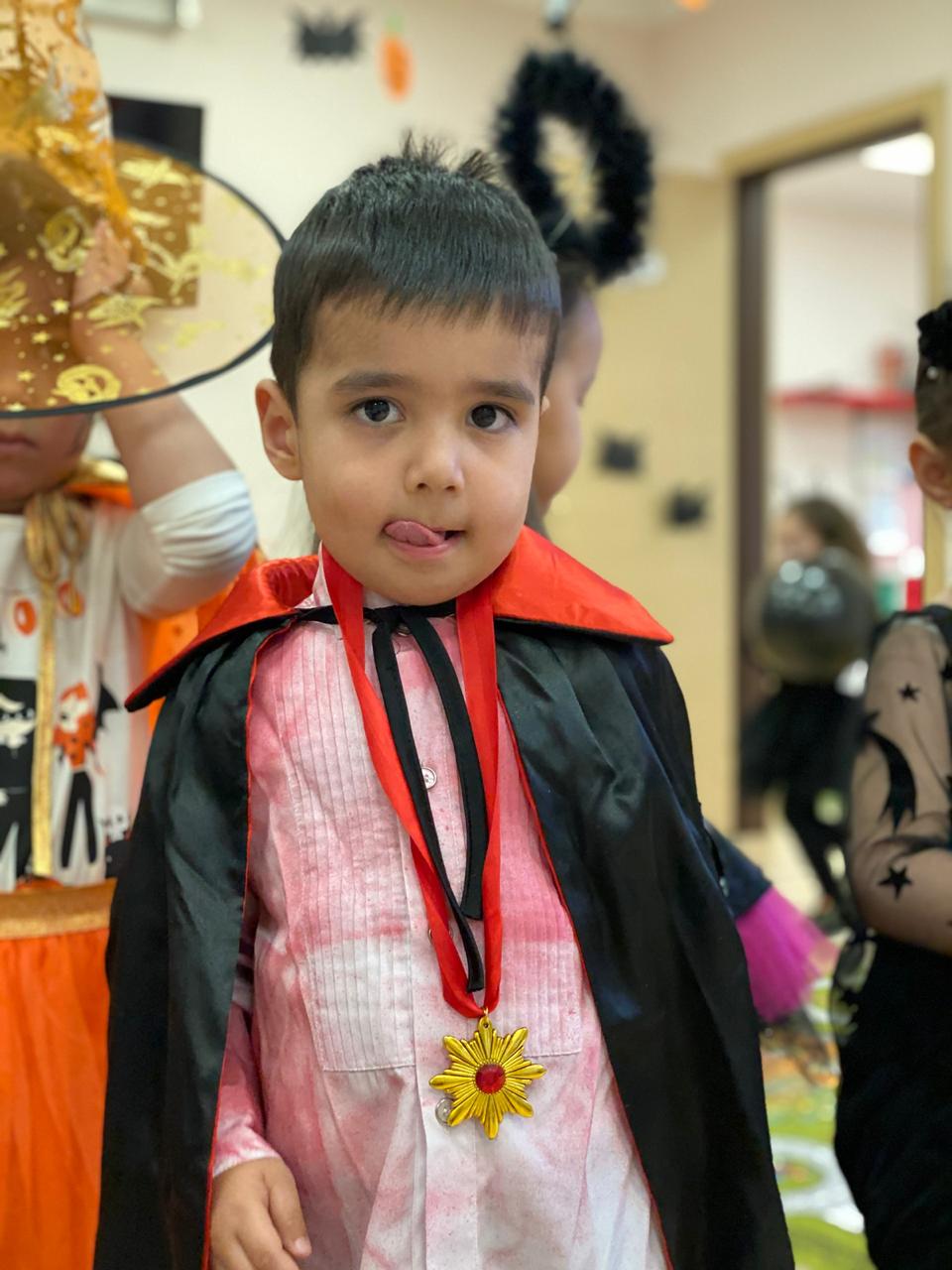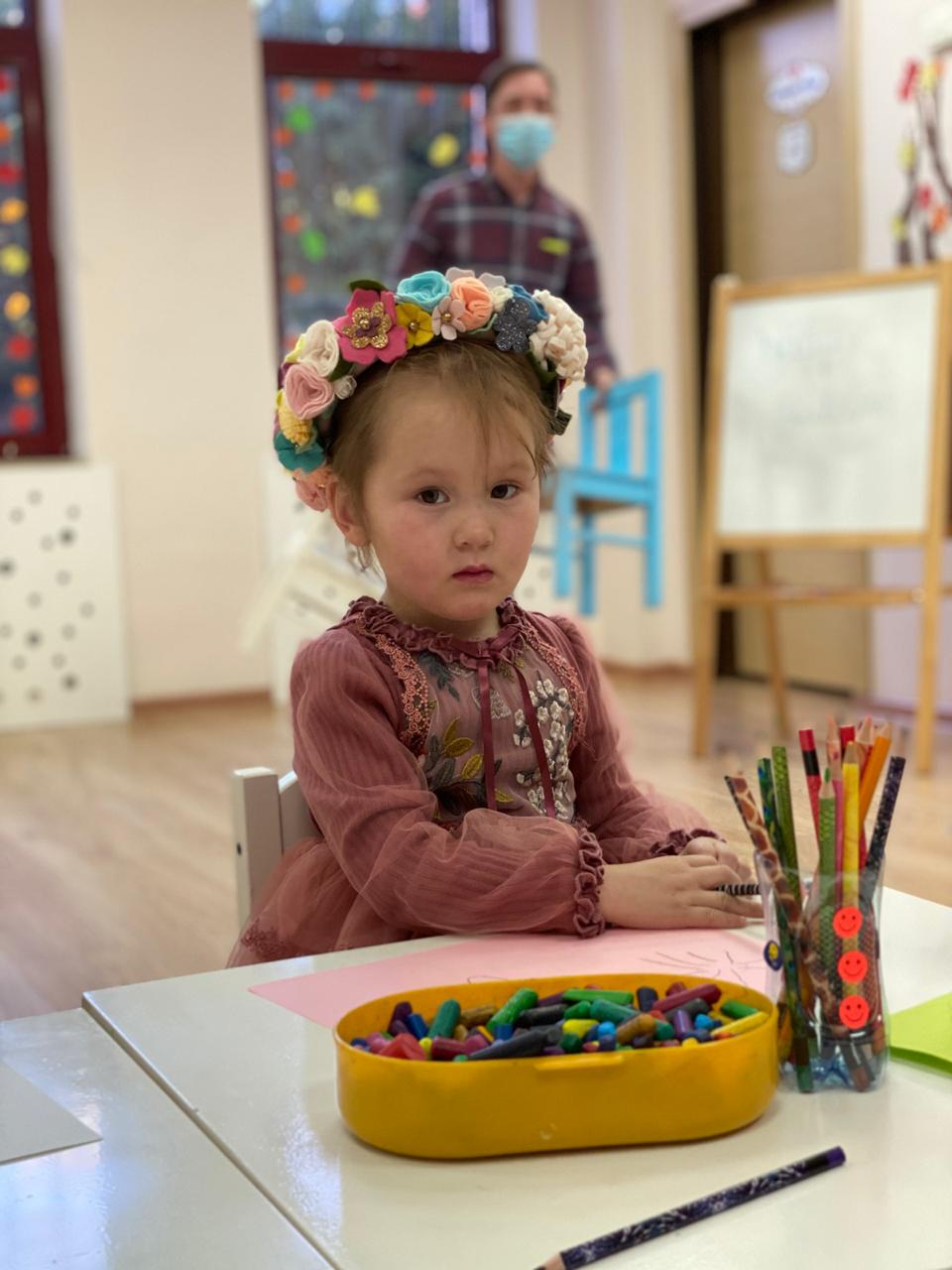Make learning fun
Language acquisition is one of the quintessential human traits. The notion that the language that students use is not purely the result of variances between the languages that they at present know and the language that they are learning, but that it is a complete language system in its own right, with its own systematic rules.
Parents are a child's first teacher and therefore an integral part of the early learning process. Education for young students will help them shine academically and socially. With exposure and structured lesson plans children can learn anything they want to.

The tools they learn to use during these foundation years will make available lifelong benefits to their success. Developmentally, having structure and freedom, children are able to reach their full potential. Learning through play will allow a child to develop cognitively. Thus, children learn more efficiently and gain more knowledge through activities such as dramatic play, art, and social games. What separates play from other daily activities is its fun and creative aspect rather than being an action performed for the sake of survival or obligation.
When children participate in imaginary play, they are integrating and strengthening previously acquired knowledge. Play helps children learn by connecting with their senses and new language that contributes to their learning.



